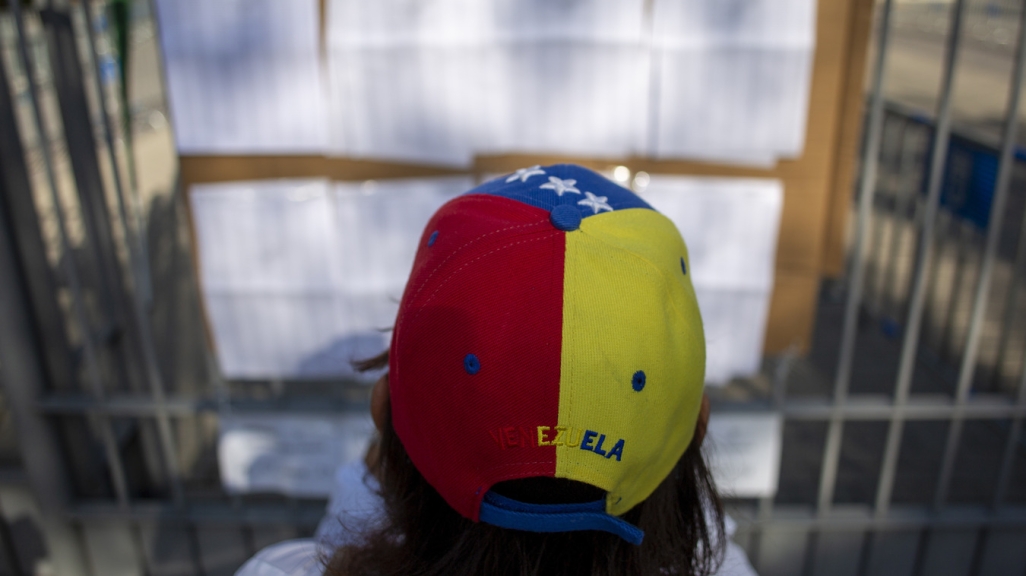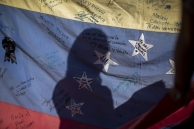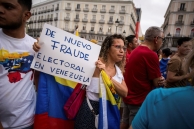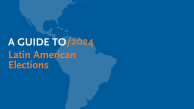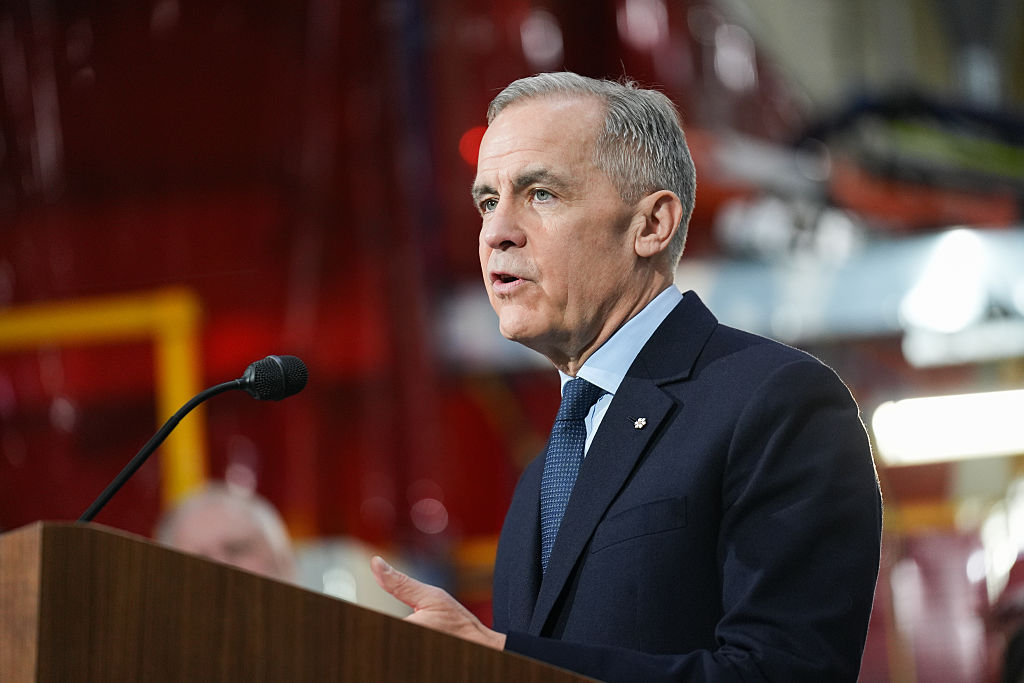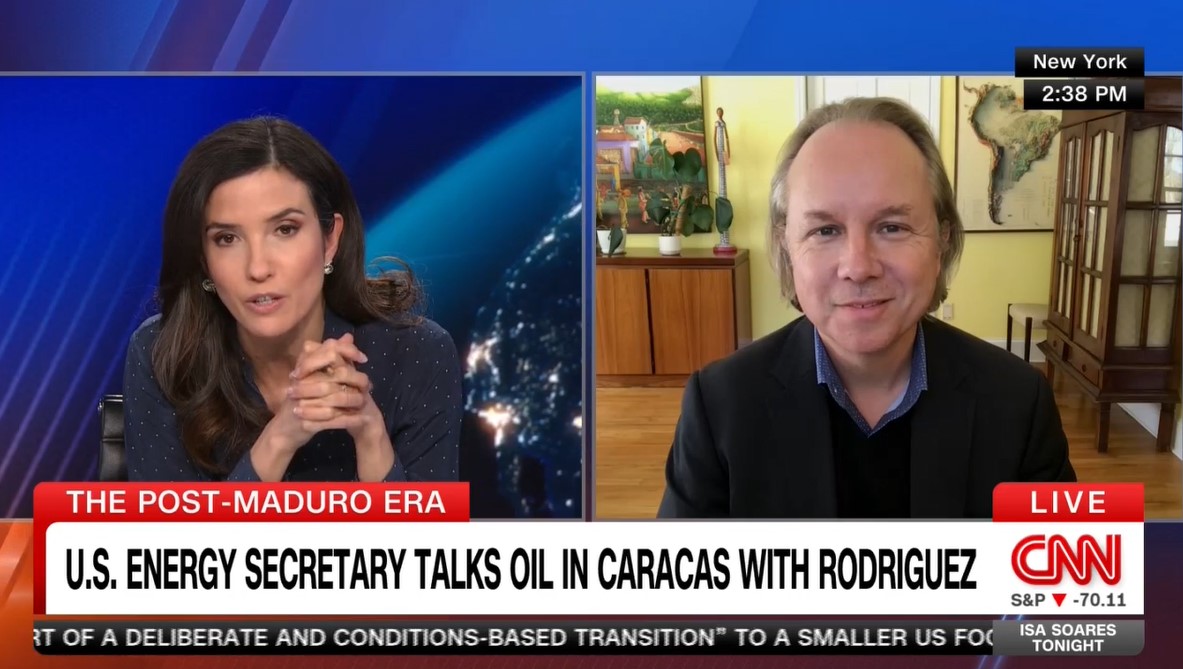How Have International Leaders Responded to Venezuela's 2024 Election?
How Have International Leaders Responded to Venezuela's 2024 Election?
Many countries in the Americas have not recognized Nicolás Maduro’s declaration of victory and most are calling for the release of full results.
This report was originally published on July 29, 2024 and has since been updated.
Two candidates have claimed victory in Venezuela’s 2024 election. The CNE, the country’s electoral authority, gave Nicolás Maduro the win with 52 percent of the vote, with Edmundo González garnering 43 percent. But the opposition candidate rejected that count and the CNE’s lack of detailed results. As of July 30, his team has said it has tallies from 84 percent of Venezuela’s polling stations, indicating a landslide victory for González.
Figures beyond the national vote tallies haven’t been announced and the CNE website, down since the election, was still not functioning as of the afternoon of August 19. Thousands of Venezuelans—at home and abroad—have taken to the streets since the election to protest. At least 24 people have been killed in the demonstrations and reports indicate the National Guard has arrested over 1,500 protestors.
Given the lack of details about the electoral outcome, countries and institutions across the Americas—and the world—have called for transparency around the vote counts. The United States and a few Latin American countries have even recognized González as the winner. Still, an OAS resolution proposed on July 31 demanding the release of verifiable results fell one short of the 18 votes needed to pass. Seventeen countries backed the resolution. Bolivia, Brazil, Colombia, and Honduras abstained, along with a number of Caribbean countries. Mexico, Venezuela, and three Caribbean nations were absent.
How are countries and international institutions reacting to the results of the July 28 vote? AS/COA explores.
AS/COA’s vice president explains that, despite the Maduro regime’s electoral fraud, Venezuelan voters turned out to "take a risk for democracy."
"The Venezuelan people deserve more," wrote AS/COA's Susan Segal in La Nacion, El Tiempo, and other outlets after the country's 2024 vote.
AS/COA covered 2024's elections in the Americas, from presidential to municipal votes.







